RPI, CPI & inflation: phone mid-contract price rises explained

The cost of a phone or SIM only contract may appear straightforward - the monthly payment stays the same for the entire duration of your plan.
Unfortunately, it’s not so simple - at least with most networks.
In recent years, the majority of networks have modified the terms and conditions for their mobile contracts, stating that the monthly price you pay can increase once a year, in line with inflation (either RPI or CPI - more on this later), plus an additional fixed percentage set by the provider.
These price increases usually occur on 31 March / 1 April, even if you haven’t upgraded, changed or renewed your phone contract.
Phone and SIM only contracts are equally affected by mid-contract price rises. However, 30 day / 1 month SIM only tariffs aren’t affected, as they technically aren’t contracts.
Most networks have moved to CPI (Consumer Prices Index) to determine price increases. CPI measures inflation by calculating the total amount for a set basket of goods and services, and comparing the difference to the total amount for the previous year.
RPI (Retail Price Index) is similar, except it also includes mortgage interest payment rates. RPI is nearly always higher than CPI, meaning mid-contract price rises will go up more with networks which prefer to use RPI.
- How do mid-contract price rises work?
- Which networks have mid-contract price rises?
- Which networks do not have mid-contract price rises?
- What’s RPI and CPI, and what’s the difference between the two?
- What if I can’t afford to pay the new price rise?
- What happens if a network increases prices mid-contract, even if it wasn’t stated in the terms and conditions?
- FAQs
How do mid-contract price rises work?

The majority of UK networks have mid-contract price rises in line with inflation, using either RPI (Retail Price Index) or CPI (Consumer Prices Index) to determine the rate.
Some also add a network rate on top, which is typically 3.9%. The network rate, also known as a premium rate, is not affected by or calculated using inflation. Networks use their own metrics to set the premium rate - it just so happens they’ve all decided on 3.9% at the moment. Unlike RPI/CPI, the network rate is fixed for the duration of your contract.
You may not be affected by mid-contract price rises if you’re on an older legacy contract, and you haven’t upgraded or renewed since - we’ll explain the details and dates for each network further down.
For networks which increase prices mid-contract in line with inflation, the monthly amount you pay will increase once a year, usually on 31 March / 1 April.
The RPI and CPI rates used to determine the increases will be taken from a particular month, which is different for each network. Some networks use the previous December rates, and some use January of the current year.
Let’s take a look at the following example, using a hypothetical iPhone 15 contract with Three taken out on 21 October 2023:
- Upfront cost: £0
- Monthly cost: £48
- Contract length: 36 months
Price rises will occur on the next increase date, which is 1 April 2024.
Three uses the CPI rate from the previous December, which is currently 4%. They also add their own rate on top, which is 3.9%. This means the total price increase will be 7.9%.
Therefore, from 1 April 2024, your monthly bill will increase by 7.9%, from £47 to £51.79.
Since this is a 36 month contract, the following increase after 1 April 2024 will occur on 1 April 2025.
Of course, we don’t know what the CPI rate will be for December 2024, so we can’t calculate what the monthly increase will be from 1 April 2025.
However, it will accumulate - meaning it will use the 1 April 2024 price increase (£51.79) as the new baseline to calculate the increase. This continues to accumulate every year.
Which networks have mid-contract price rises?

Price increases will only happen once a year (31 March / 1 April). CPI / RPI rates will be taken from a particular month, which is decided by each network. For example, Three uses rates from December of the previous year, and O2 uses rates from January of the current year.
The following networks have mid-contract price rises. The rates shown are due to come in effect for 2024 on 31 March / 1 April.
CPI + network rate:
- BT** - 7.9%: 4% (CPI December 2023) + 3.9% (network rate)
- EE** - 7.9%: 4% (CPI December 2023) + 3.9% (network rate)
- iD Mobile - 8.1%: 4.2% (CPI January 2024) + 3.9% (network rate)
- TalkMobile - 8.1%: 4.2% (CPI January 2024) + 3.9% (network rate)
- Tesco Mobile* - 7.9%: 4% (CPI December 2023) + 3.9% (network rate)
- Three - 7.9%: 4% (CPI December 2023) + 3.9% (network rate)
- Vodafone - 7.9%: 4% (CPI December 2023) + 3.9% (network rate)
RPI + network rate:
- O2 - 8.8%: 4.9% (RPI January 2023) + 3.9% (network rate)
- Virgin Mobile - 8.8%: 4.9% (RPI January 2023) + 3.9% (network rate)
* Tesco Mobile price increases are complicated. They may not start until 2024, and may not occur at all depending on when you joined or whether you're on a Clubcard Price plan. See our dedicated section below on Tesco Mobile mid-contract price increases
** EE and BT will end inflation based price increases from summer 2024. However, the 31 March 2024 price increase will go ahead as normal, at 7.9%. From 2025, price increases will still occur, but they will be defined in fixed pounds and pence, rather than arbitrary inflation rates. EE have announced that this will be a £1.50 increase for phone and SIM only contracts.
BT price increases
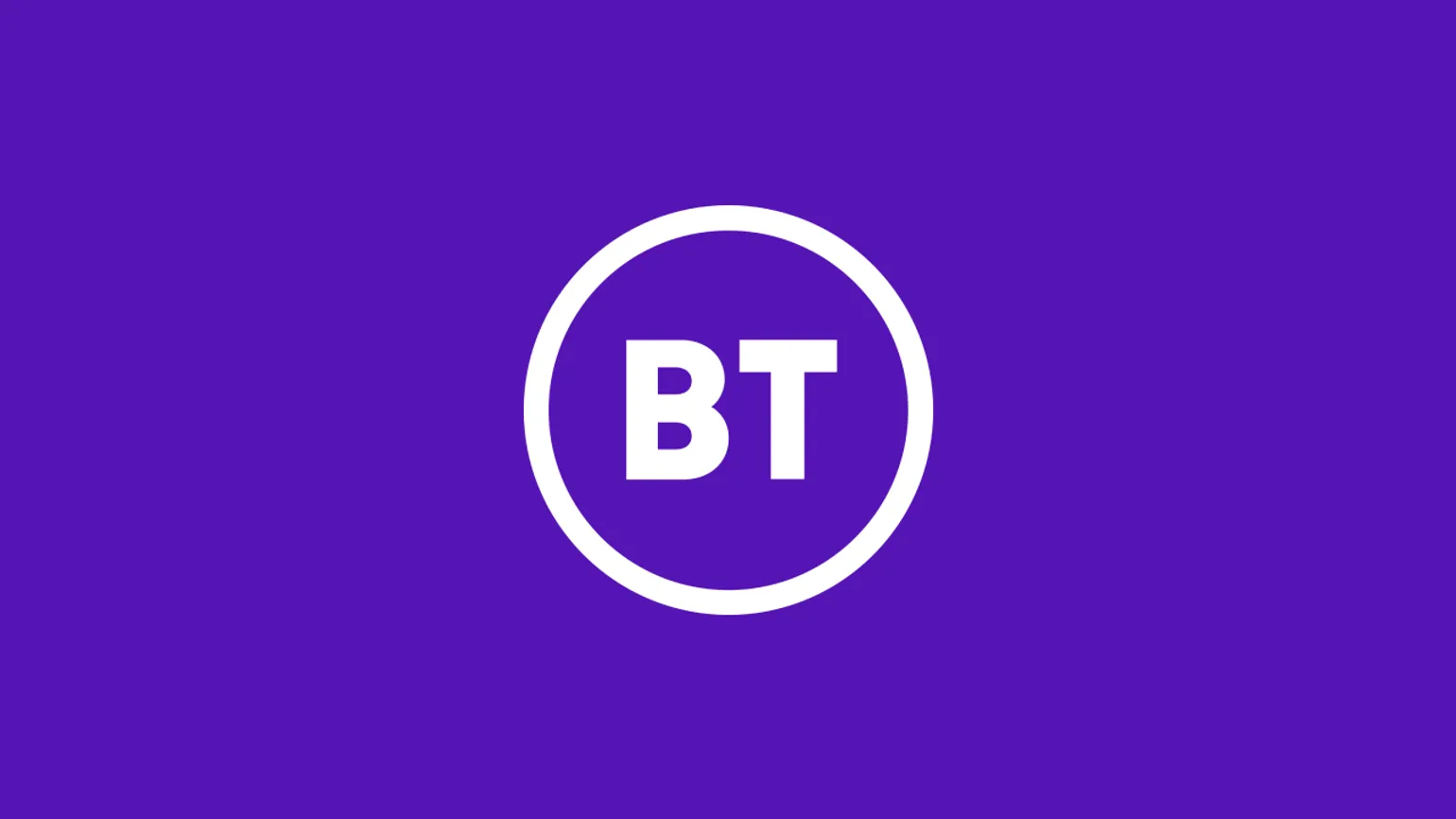
From 10th April 2024, price increases for new and renewed BT contracts will still occur, but instead they will be defined in fixed pounds and pence, rather than arbitrary inflation rates.
This will be £1.50 for phone and SIM only contracts, £2 for TV contracts and £3 for broadband contracts.
The date of the annual increase will stay the same, which is 31st March.
However, existing contracts signed before 10th April 2024, which have not yet come to an end, will still be subject to the old inflation increase rules for the remaining duration of the contract. This uses the previous December’s CPI rate plus a network premium of 3.9%. For 31st March 2024, this was 7.9% - the December 2023 CPI rate (4%) plus a network premium (3.9%).
If your contract started before 1 September 2020, you have the right to cancel your contract without paying an early termination fee or penalty if you're not happy with price increases.
EE price increases
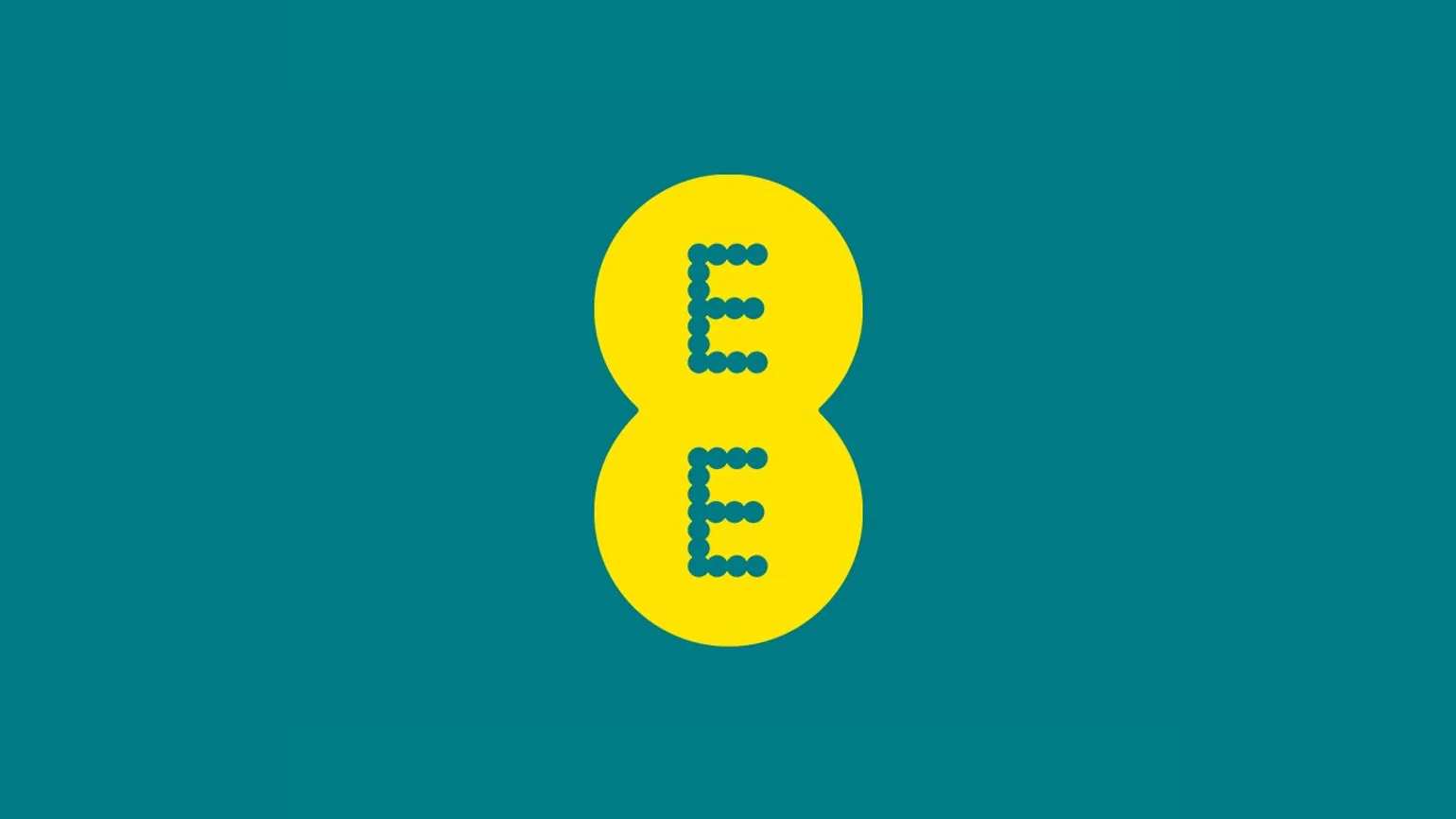
EE is owned by BT, meaning they have the same policy for price increases.
From 10th April 2024, price increases for new and renewed EE contracts will still occur, but instead they will be defined in fixed pounds and pence, rather than arbitrary inflation rates.
This will be £1.50 for phone and SIM only contracts, £2 for TV contracts and £3 for broadband contracts.
The date of the annual increase will stay the same, which is 31st March.
However, existing contracts signed before 10th April 2024, which have not yet come to an end, will still be subject to the old inflation increase rules for the remaining duration of the contract. This uses the previous December’s CPI rate plus a network premium of 3.9%. For 31st March 2024, this was 7.9% - the December 2023 CPI rate (4%) plus a network premium (3.9%).
EE previously used RPI instead of CPI for contracts taken out before 1 September 2020. However, from 31 March 2023, this was moved to the CPI rate, which is nearly always lower than RPI.
Tesco Mobile price increases
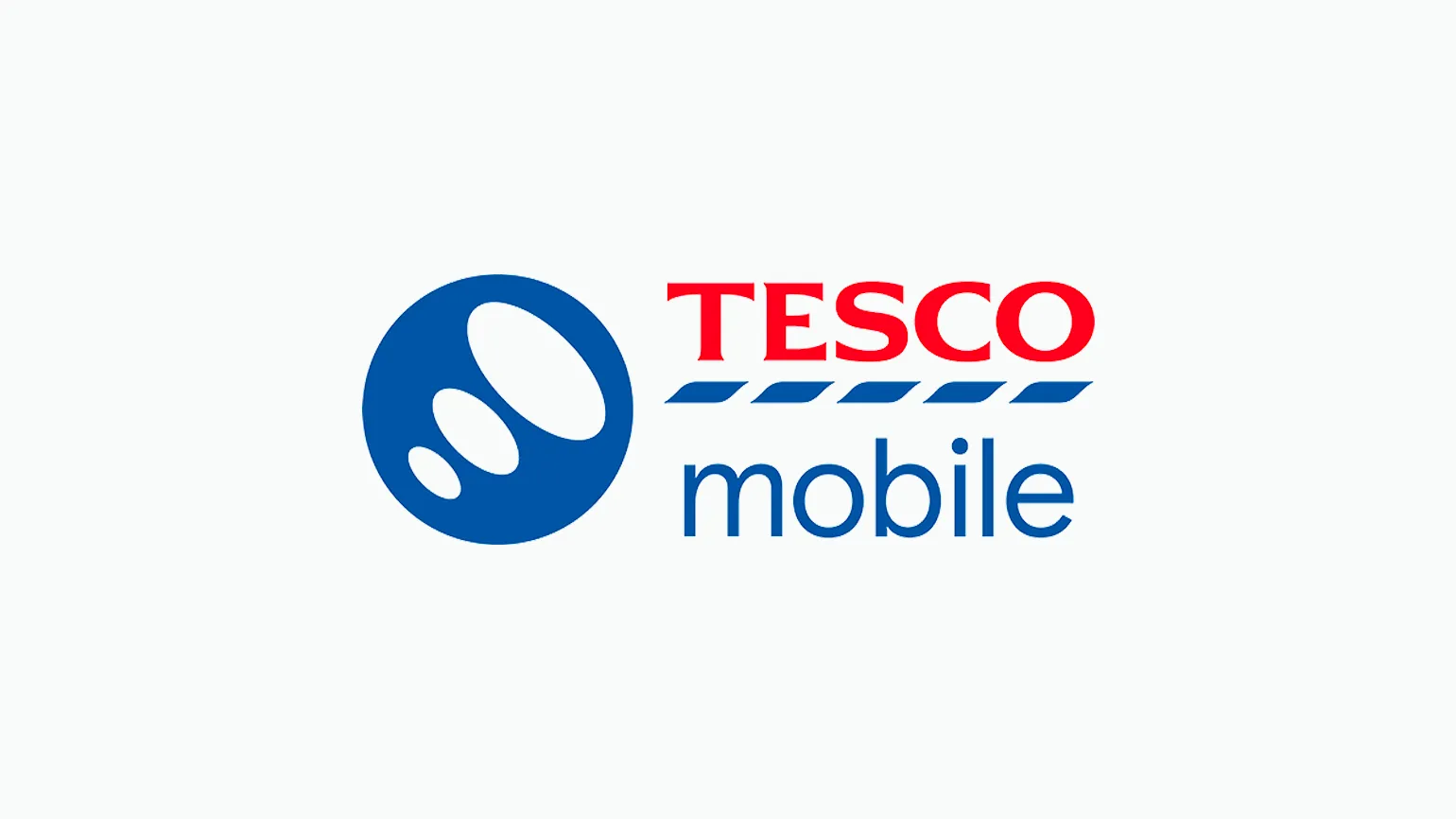
If your Tesco Mobile contract started on or after 27 March 2023, mid-contract price rises will begin from 1 April 2024, and will occur yearly from this date onwards. This also applies to contract renewals on or after this date (27 March 2023). The increase rate will be the previous December CPI rate plus a 3.9% premium - which means for 1 April 2024, the increase will be 7.9% (4% December 2023 CPI + 3.9% premium). However, if you’re on a Clubcard Price plan, you won’t have any contract price rises.
If your Tesco Mobile contract started before 27 March 2023, you won’t see any mid-contract price rises for the duration of your contract length. However, after your contract ends, annual price rises will occur every 1 April, currently at 7.9% - using the previous December CPI rate (currently 4%) plus a 3.9% premium. You can avoid the price rises by upgrading to a Clubcard Price plan.
For Tesco Mobile contracts which expired between 1 February 2023 and 31 January 2024, price rises will occur annually starting 1 April 2024. The increase rate will be 7.9%, using the December 2023 CPI (4%) rate plus a 3.9% premium. However, you can avoid price rise by upgrading to a Clubcard Price plan.
An important note about Clubcard Price plans: they are exclusive plans for Clubcard card holders. However, not all plans are Clubcard Price plans, meaning if you sign up to a non-Clubcard Price plan, you will still see mid-contract price rises, even if you have a Clubcard.
Talkmobile price increases
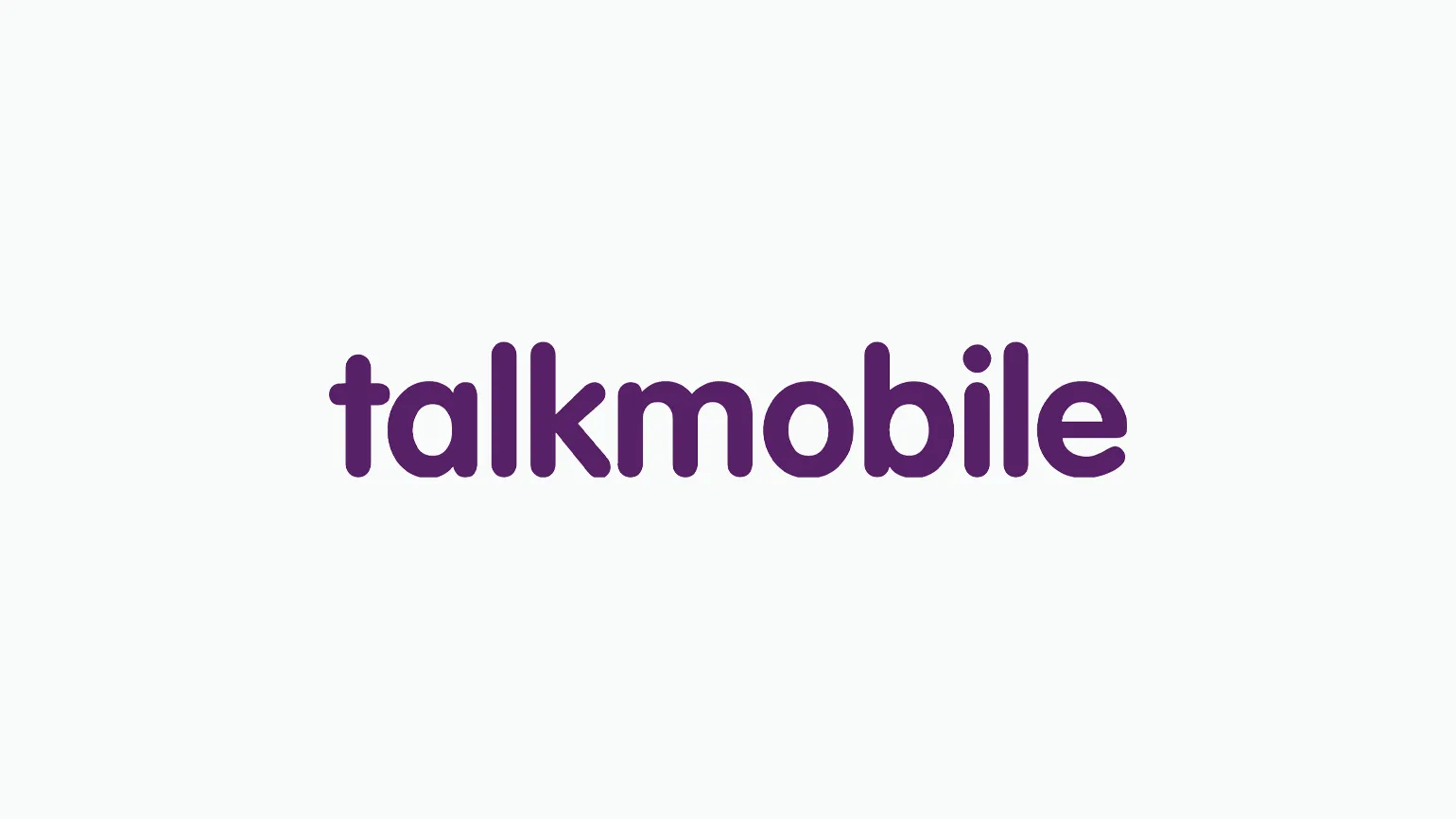
Talkmobile price increases occur annually on the 1 April, using January’s CPI rate of the current year, plus a 3.9% premium. For 1 April 2024, this will be 8.1% (4.2% CPI January 2024 + 3.9% premium).
Price increases will also apply to out of plan charges and add-ons.
Three price increases

Three customers who joined or upgraded after 1 November 2022 will see their contract price increase annually, currently at 7.9% for 1 April 2024. This is the total of the December 2023 CPI rate (4%) and a network premium (3.9%).
Contracts taken out between 29 October 2020 and 31 October 2022 will see an annual increase rate of 4.5% every 1 April. This number is fixed, meaning it does not use an inflation rate to determine the price increase.
For contracts started between 29 May 2015 and 28 October 2020, price increases every May, using January’s RPI rate. The January RPI rate for 2024 will be published in February by the Office for National Statistics.
Price increases do not affect out of plan charges or add-ons.
Vodafone price increases
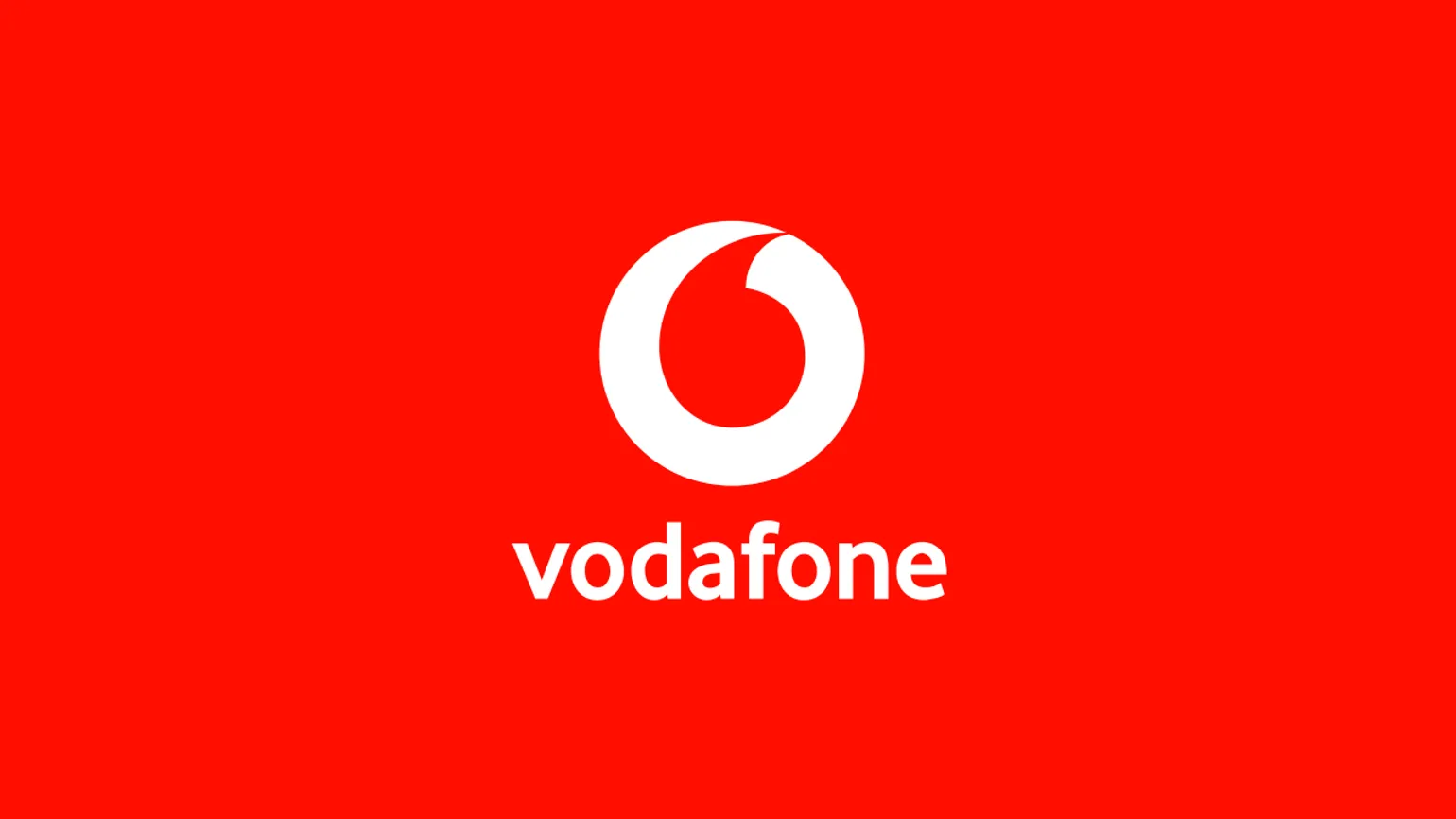
For Vodafone customers who joined or upgraded after 9 December 2020, your monthly bill will increase annually on 1 April, using the CPI rate of the previous December, plus at 3.9% network premium. For 1 April 2024, the increase will be 7.9 % (4% December 2023 CPI + 3.9% premium).
If you have a Vodafone EVO plan, the price increase will only be applied to the Airtime Plan, and won’t be applied to your phone or smartwatch bill.
If your contract started after 11 August 2021, out of bundle charges will also be affected by the same price increase.
For contracts taken out before 9 December 2020, your monthly bill will increase every 1 April 2023, using the February RPI rate. For 2024, the February RPI rate will be published in March by the Office for National Statistics.
O2 price increases

If you joined or upgraded with O2 on or after 25 March 2021, your Airtime plan will increase annually on 1 April, using the January RPI rate plus a network premium of 3.9%. The January RPI rate for 2024 is 4.9%, meaning the total increase on 1st April 2024 will be 8.8% (4.9% January 2024 RPI + 3.9% fee).
For contracts started before 25 March 2021, you will still see an increase with the same January RPI rate (4.9%), however there will be no network premium (3.9%) on top.
Price increases apply to SIM only deals and phone contracts. However, if you're on a phone contract, the price increase will only apply to the Airtime plan, and not the device plan.
Virgin Mobile price increases
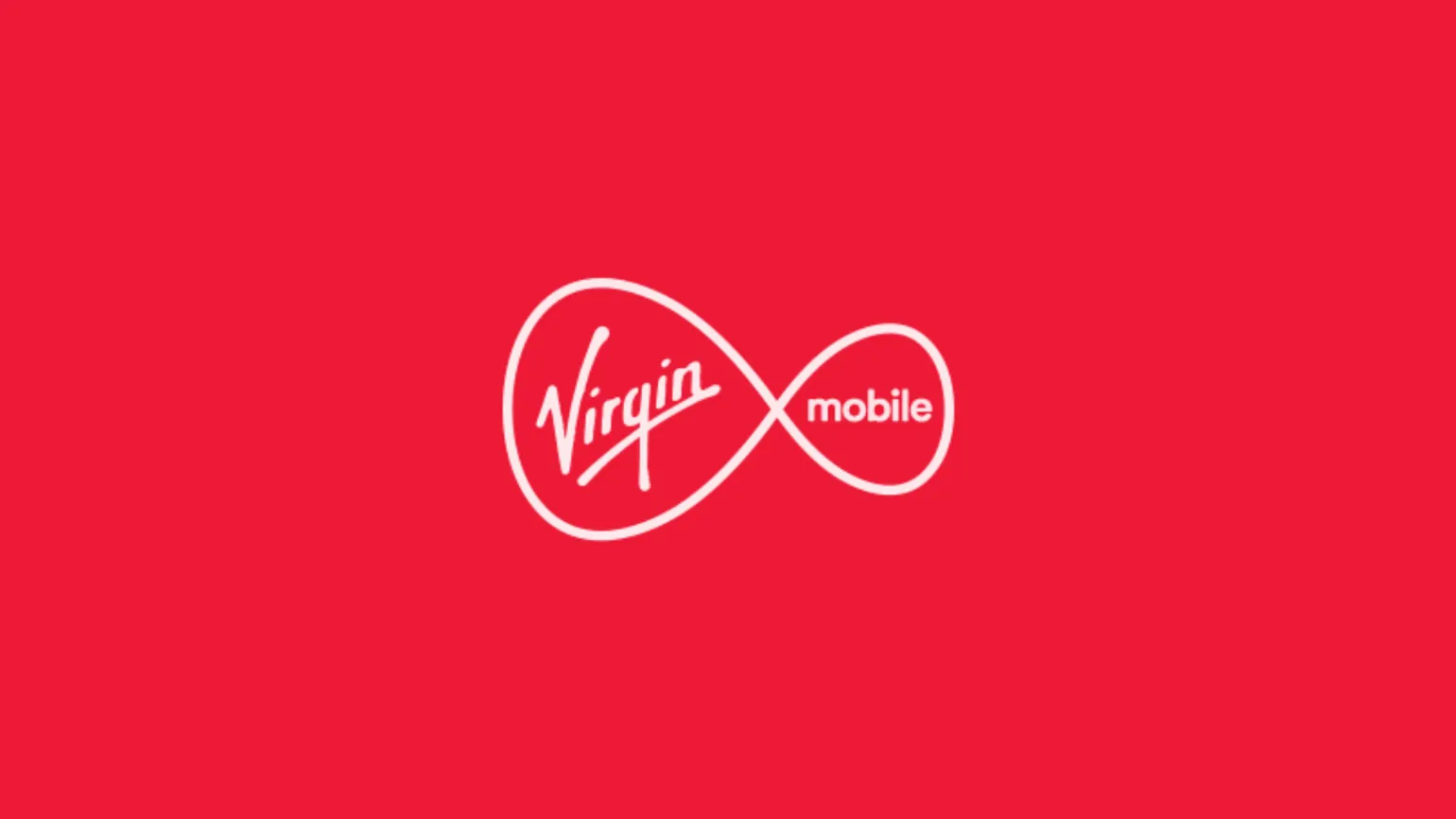
Virgin Mobile customers will see their mobile contracts increase every 1 April, using the January RPI rate and a network premium of 3.9%. The January RPI rate for 2024 is 4.9%, meaning the total increase on 1st April 2024 will be 8.8% (4.9% January 2024 RPI + 3.9% fee).
Please note, Virgin Media’s price increases for their phone and SIM contracts are very different compared to their broadband, TV and landline contracts.
iD Mobile prices increases

For iD Mobile customers who joined or upgraded after 1 November 2022, the price of your contract will rise every 1 April, using January’s CPI rate and a network premium of 3.9%. The January CPI rate for this year is 4.2%, meaning the total increase this 1st April will be 8.1% (4.2% January 2024 CPI + 3.9% fee).
If you joined or upgraded between 1 March 2020 and 31 October 2022, your price increase will also use January’s RPI rate, however there will be no network premium (3.9%) added.
If you joined before 1 March 2020 and you haven’t upgraded since, you won’t be affected by price increases.
Which networks do not have mid-contract price rises?
Currently, only one major network do not have mid-contract price rises:
In addition, 30 day / 1 month SIM only plans are not technically contracts, therefore they won’t be affected by price rises, even if they’re on a network which has price rises for their phone contracts.
As the following networks mainly sell 30 day / 1 month SIM only plans, they don’t have mid-price rises for any of their plans:
- Asda Mobile
- FreedomPop
- giffgaff
- Lebara
- Lycamobile
- Plusnet
- SMARTY
- VOXI
What’s RPI and CPI, and what’s the difference between the two?

CPI (Consumer Price Index) and RPI (Retail Price Index) are common methods to determine the rate of inflation. In a developed economy, such as the UK, these rates should steadily increase every year, and almost never decrease.
These rates are published every month for the previous month, by the Office for National Statistics.
CPI determines the inflation rate by totalling the cost for a set basket of common goods and services, and comparing it to the total cost of the previous year. The difference, whether it be an increase or decrease, is used to calculate the percentage rate.
RPI (Retail Price Index) is almost identical, except it also includes mortgage interest payments. Therefore, RPI is heavily affected by the state of the housing market.
RPI is consistently higher than CPI in almost every year on record. As a result, O2 and Virgin Mobile have the highest mid-contract price increases, as they use the RPI rate plus a network rate (3.9%). iD Mobile also uses RPI plus a network rate (3.9%), for the same price increase.
In recent months, RPI and CPI have seen some of the highest rates on record, mainly due to the war in Ukraine and an increase in oil prices. The lasting effects of the Covid-19 pandemic have also had an impact, as well as talks of a looming recession.
What if I can’t afford to pay the new price rise?

If you can’t afford to pay the new monthly bill after a price increase, don’t panic.
Contact your network directly and explain your situation. Most will be willing to help, such as setting up a special payment plan that allows you to spread the cost over a longer period - however, this isn’t always guaranteed. Most networks will be willing to do something in order to make it easier for you to pay the new price increase.
The absolute worst thing you can do is stop paying. This will put you in debt, will negatively affect your credit score and may also see your debt passed onto a debt collector.
If you believe a new price increase is unfair because it wasn’t stated clearly in the terms and conditions of your contract, you may have a case to cancel your contract early, within 30 days of your network notifying you of the price increase. For more information, see our guide on cancelling your phone contract early.
Also remember that once your contract is up, you are free to switch plans or change networks. You’ll often be able to find an even cheaper phone contract compared to your current one.
What happens if a network increases prices mid-contract, even if it wasn’t stated in the terms and conditions?

If a network increases your monthly bill mid-contract and it wasn’t stated in the terms of your contract, or they increase it by an amount more than specified, you will most likely be able to cancel your contract early.
If this is the case, in line with Ofcom rules and regulations, you have 30 days to cancel your contract and leave early, without paying a termination fee or penalty.
You also have the right to cancel if the network specifies their own rate that isn't based on a commonly used inflation rate, and is higher than CPI and RPI. For example, Three used to have a fixed rate of 4.5% for their price increases. If this was higher than RPI or CPI in a particular year, customers had the right to cancel within 30 days of being notified of the price increase.
However, most networks do state in the terms of phone contracts that they can increase your monthly bill in line with inflation (either RPI or CPI) and with a network premium on top (usually 3.9%). In such a situation, they are within their legal right to increase prices, and there’s little you can do.
Therefore, it’s important to read and understand the terms and conditions clearly whenever taking out a new phone contract. This will help you to avoid unexpected price increases.
FAQs
When do mid-contract price increases occur?
Networks increase phone contract prices once a year, on 31 March / 1 April.
The price increase rate is announced at the start of the year, in January or February (depending on the network).
Are 30 day / 1 month SIM only plans also affected by price increase?
Since 30 day / 1 month SIM only plans are not contracts, they are not affected by price rises.
A network can still choose to increase the cost of the plan you are on, however you’re not tied to a long term contract, meaning you can switch plans or change networks at any time you’d like.
Will out of plan charges and add-ons also be affected by price increases?
Yes, for most networks which have mid-contract price increases, out of plan charges and add-ons will also rise by the same rate as your monthly bill.
What is the 3.9% price increase?
Most networks also add a premium rate (sometimes called network rate) on top of the RPI or CPI rate. This rate is up to each network - it just so happens they all currently use 3.9%.
Networks justify this additional rate as investment for their current infrastructure, and expanding their 5G network.
Unlike RPI and CPI, the premium rate is fixed for the duration of your contract.